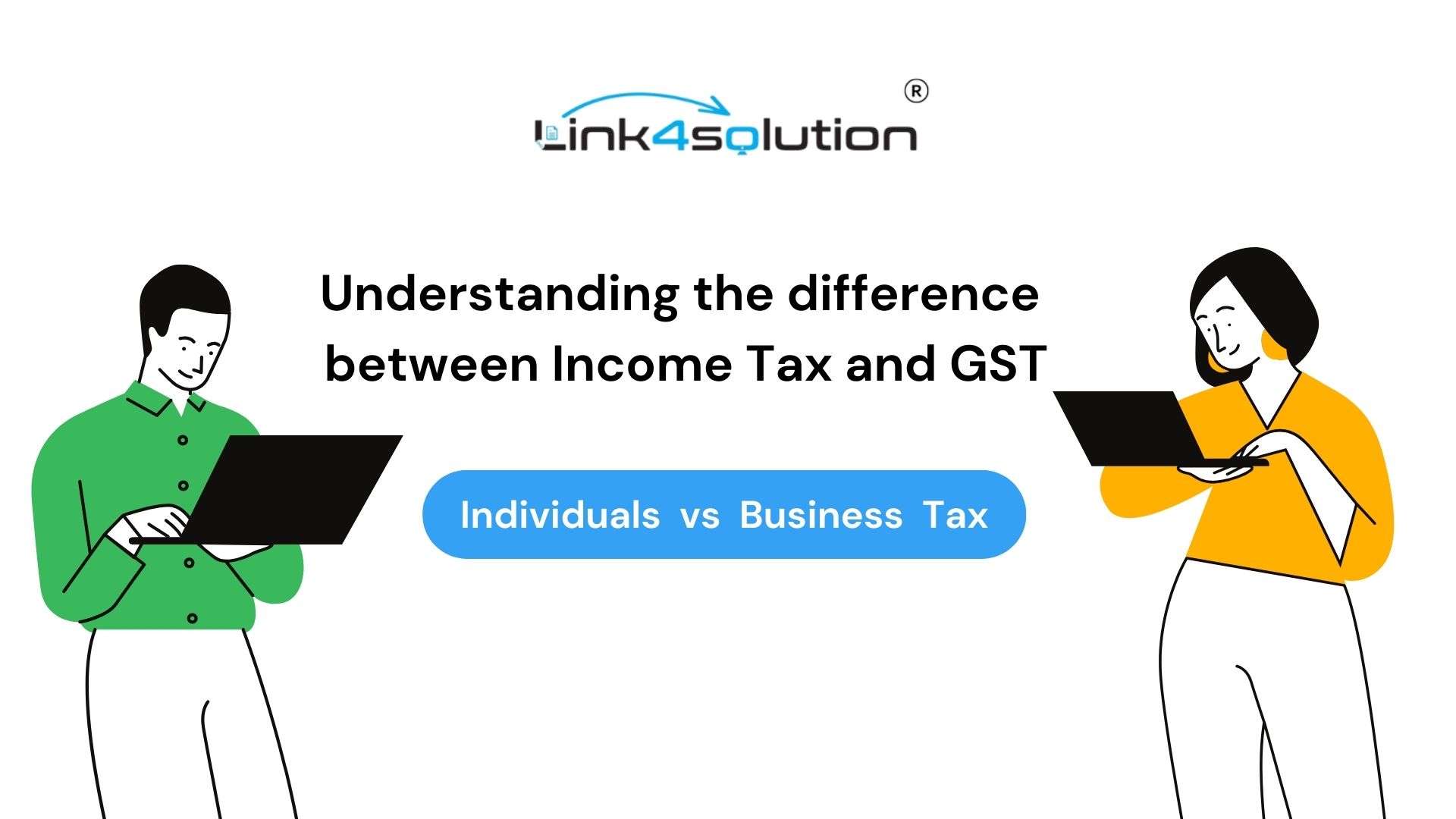Decoding GST Annual Returns
Imagine GST as a friendly neighbor, simplifying your tax life. Introduced by the Indian government, it’s like a breath of fresh air in a world of complex taxes. Whether you’re buying a cup of coffee or paying for a haircut, GST is there, making tax collection a seamless part of everyday life. When we file our GST returns annually, it’s our way of keeping this friendly system running smoothly.
Understanding Income Tax Annual Returns
Income tax might seem complex, but it’s really about contributing to our nation’s growth. If your annual earnings exceed ₹2.5 lakhs, you’re part of an important process. Filling out your income tax return isn’t just a duty; it’s a reflection of your role in building a stronger, more prosperous India.
Comparing Income Tax and GST: A Relatable Overview
1. Personal Impact: Income tax directly affects your earnings, while GST subtly accompanies your daily expenses.
2. Who’s Involved: Income tax is for earners above ₹2.5 lakhs, while GST concerns businesses with a turnover of over ₹40 lakhs.
3. Tax Dynamics: Income tax travels straight from your pocket to the government. GST, on the other hand, takes a journey through the market, ultimately contributing to the national treasury.
4. Your Contribution: With income tax, your contribution is direct and personal. In contrast, your role in GST is as a consumer, playing a part in a larger economic narrative.
In Conclusion
Understanding the difference between income tax and GST is crucial. They’re not just taxes; they’re reflections of our contributions to India’s economy and development. Whether you’re an individual taxpayer or a consumer, your role is vital in shaping our nation’s future.






